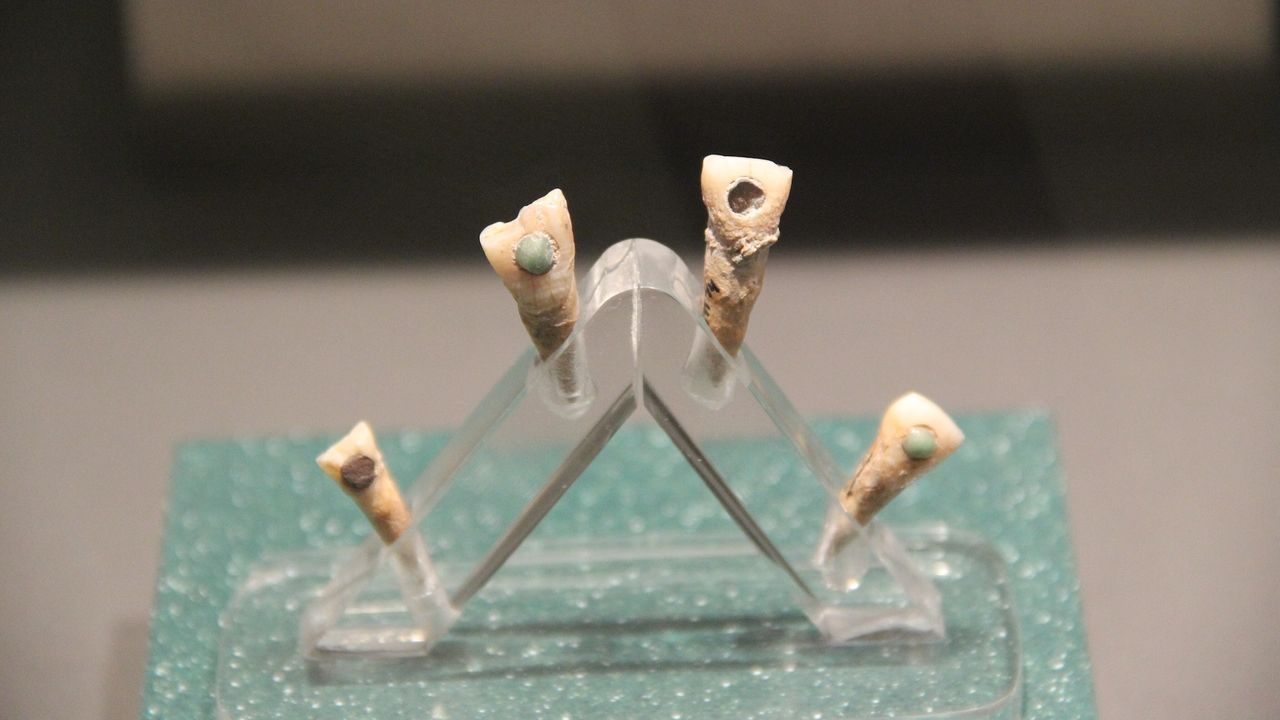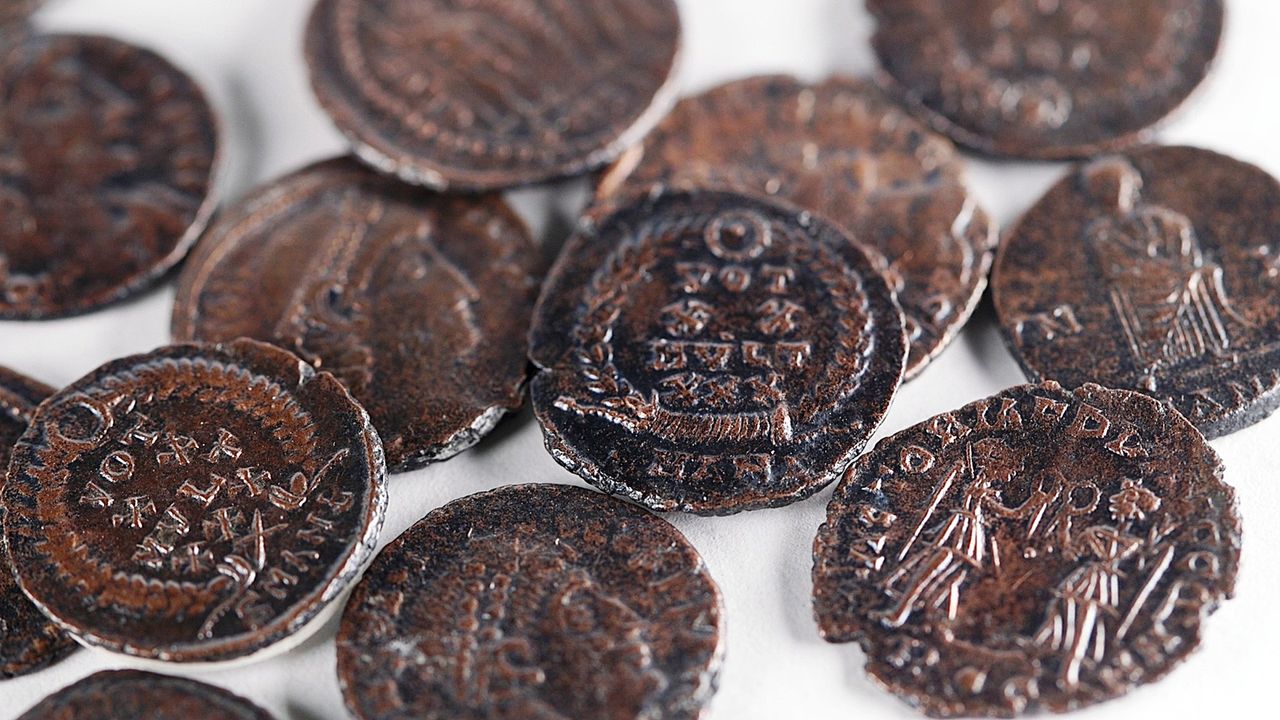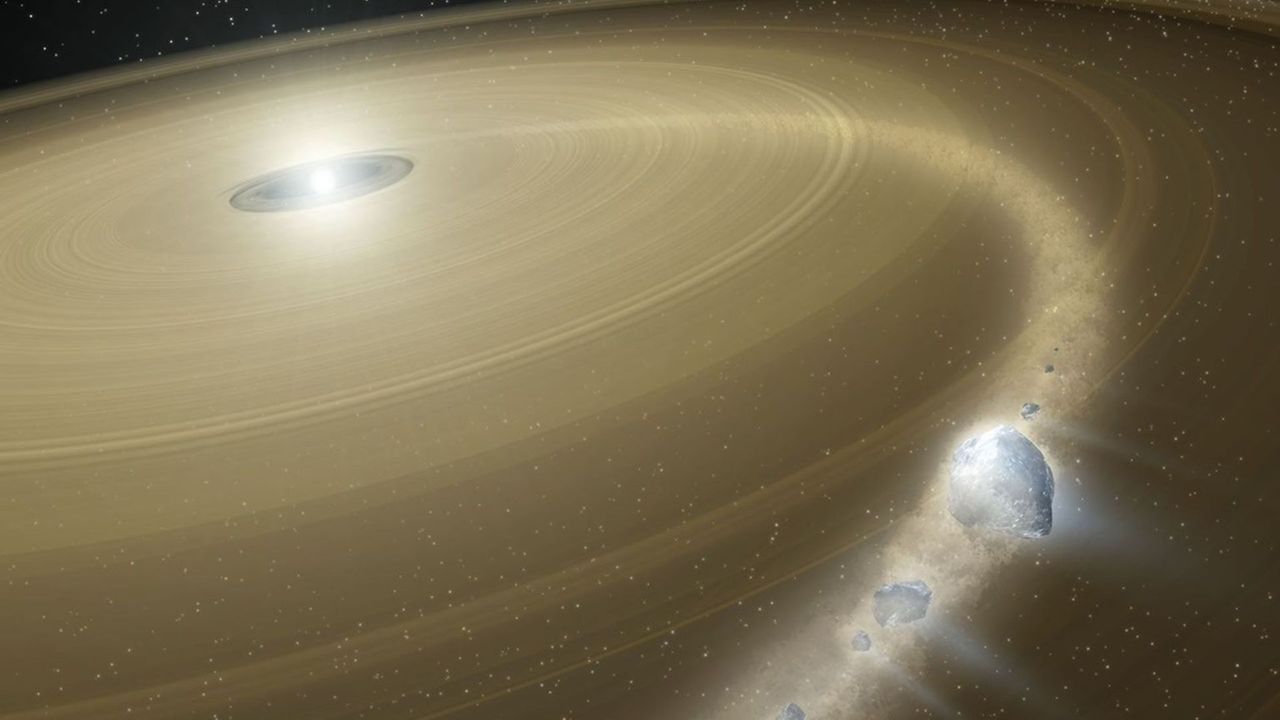7-year-old Maya child had green jade 'tooth gem,' new study finds
PositiveScience

A recent study has revealed that a 7-year-old Maya child had a green jade 'tooth gem,' marking a significant discovery in archaeology. While it was already known that adults in the Maya civilization adorned their teeth with inlays, this finding provides some of the first evidence that children participated in this practice as well. This insight not only enriches our understanding of Maya culture but also highlights the importance of dental adornments in their society.
— Curated by the World Pulse Now AI Editorial System






